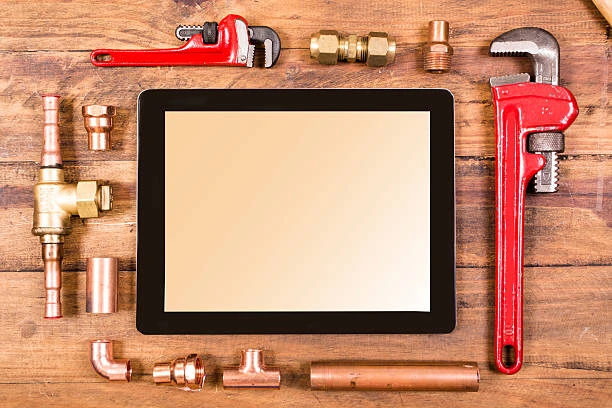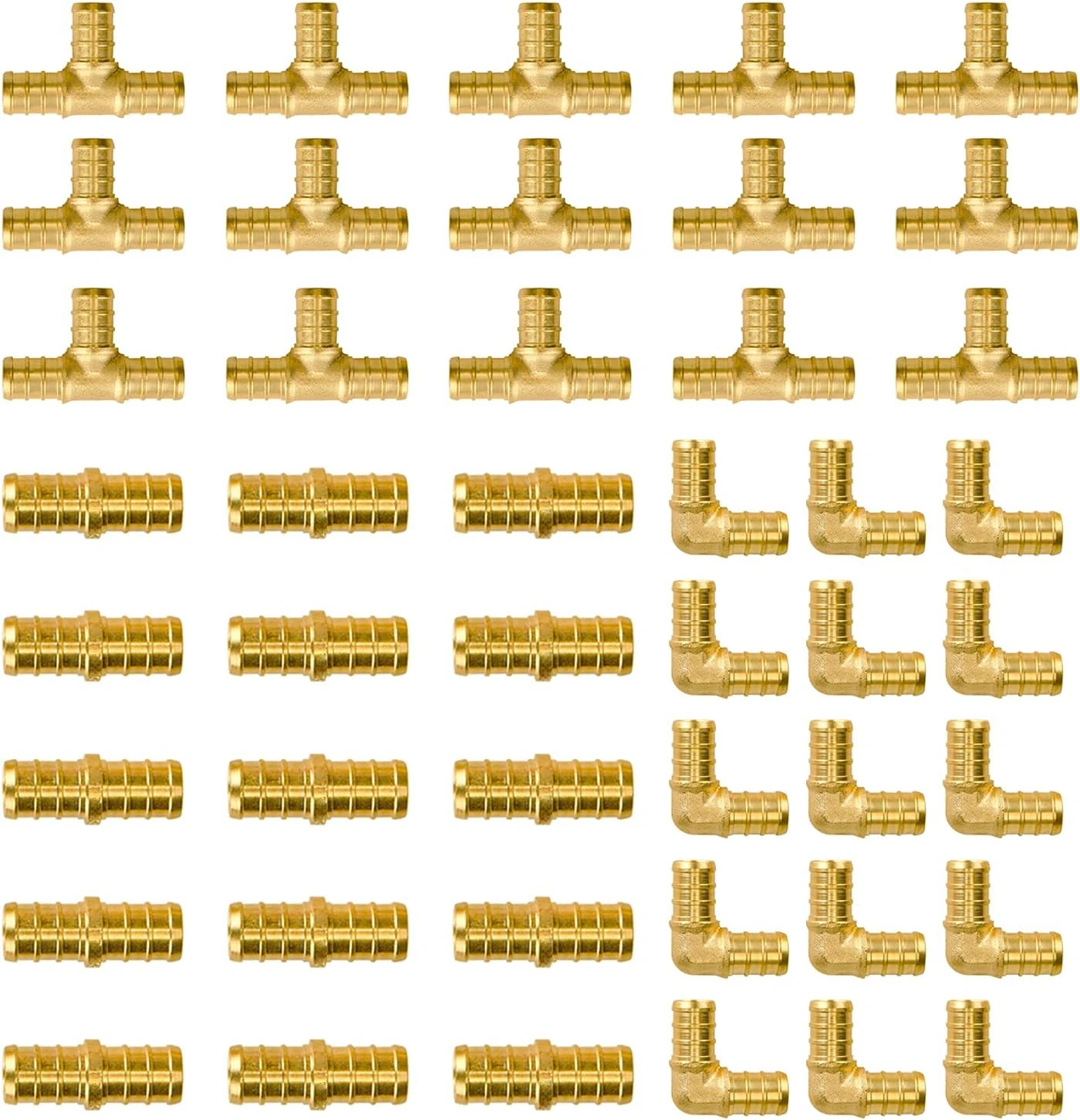In a tragic incident in York, the corroded copper pipe fittings in a residential building led to a catastrophic gas explosion, resulting in the loss of one life and serious injuries to others. This unfortunate event serves as a stark reminder of the potential dangers posed by aging infrastructure and the critical importance of regular maintenance in preventing such disasters. In this article, we’ll explore the role of copper pipe fittings, the circumstances surrounding the explosion, and what homeowners can do to ensure safety in their plumbing systems.
Understanding Copper Pipe Fittings
Copper pipe fittings are essential components in plumbing and gas systems, providing secure connections between pipes. Known for their durability and resistance to corrosion, copper fittings have long been a popular choice in both residential and commercial applications. However, over time, factors such as age, exposure to moisture, and chemical reactions can lead to corrosion, compromising the integrity of these fittings.
Benefits of Copper Pipe Fittings
- Durability: Copper fittings are robust and can withstand high pressures and temperatures, making them suitable for various applications.
- Corrosion Resistance: While copper is generally resistant to corrosion, it can still degrade under certain conditions, which is crucial for homeowners to monitor.
- Versatility: Copper fittings can be used in plumbing, heating, and gas systems, providing a reliable solution across different systems.
- Longevity: With proper maintenance, copper pipe fittings can last for decades, but they require regular inspections to prevent failures.
The Incident in York copper pipe fittings
The explosion in York occurred in a residential building that had not undergone recent inspections or maintenance. Eyewitness accounts describe a loud blast that shook the neighborhood, followed by flames and smoke. Emergency services responded promptly, but unfortunately, one resident lost their life, and several others sustained injuries.
Investigations revealed that corroded copper pipe fittings were the primary cause of the gas leak that led to the explosion. Over time, the fittings had degraded, allowing gas to escape and accumulate within the property. When ignited, the gas caused a devastating explosion, highlighting the need for vigilance regarding the condition of plumbing and gas systems.

The Risks of Corroded Copper Pipe Fittings
Corroded copper pipe fittings can pose significant risks, especially in gas systems. The following factors contribute to the dangers associated with corroded fittings:
1. Gas Leaks
Corrosion can create small cracks or holes in fittings, leading to gas leaks. If gas escapes undetected, it can accumulate and become a serious fire hazard.
2. Structural Damage
In addition to the risk of explosions, leaks can cause structural damage to buildings over time, leading to costly repairs and unsafe living conditions.
3. Health Hazards
Gas leaks can pose health risks to residents, including symptoms such as headaches, dizziness, and nausea. In severe cases, prolonged exposure can be life-threatening.
4. Environmental Concerns
Leaks from corroded fittings can also have negative environmental impacts, potentially contaminating soil and groundwater.
Importance of copper pipe fittings Regular Inspections
The York incident underscores the critical importance of regular inspections and maintenance of plumbing and gas systems. Homeowners should adopt a proactive approach to ensure the safety and integrity of their systems:
1. Schedule Routine Inspections
Regular inspections by qualified professionals can identify potential issues before they escalate. This includes checking for corrosion, leaks, and overall system integrity.
2. Monitor for Signs of Damage
Homeowners should be vigilant for signs of damage, such as unusual smells (like gas), visible corrosion, or rust around fittings and pipes. Promptly addressing these issues can prevent serious consequences.
3. Understand the Lifespan of Materials
Copper fittings typically have a long lifespan, but factors such as water quality and environmental conditions can affect their durability. Homeowners should be aware of the expected lifespan of their plumbing materials and plan for replacements as needed.
4. Educate Yourself
Understanding the basics of your plumbing and gas systems can empower homeowners to take action. Familiarize yourself with the types of fittings and materials used in your home, and learn how to identify potential problems.
The Role of copper pipe fittings Professionals
While homeowners can take preventive measures, the expertise of licensed professionals is invaluable. Plumbers and gas fitters have the training and tools necessary to conduct thorough inspections and address any issues:
- Qualified Inspections: Professionals can detect problems that may not be immediately visible to homeowners.
- Expert Repairs: In the event of corrosion or leaks, trained technicians can perform safe and effective repairs or replacements.
- Safety Compliance: Professionals ensure that all work complies with local codes and regulations, further enhancing safety.
copper pipe fittings Conclusion
The tragic explosion in York serves as a somber reminder of the potential dangers associated with corroded copper pipe fittings. Regular maintenance and inspections are essential to prevent gas leaks and ensure the safety of homes and residents. By being proactive and seeking the help of qualified professionals, homeowners can significantly reduce the risks associated with aging plumbing systems.
FAQs
- What are the signs of corroded copper pipe fittings?
- Look for visible corrosion, rust, discoloration, or leaks around fittings and pipes.
- How often should I have my plumbing system inspected?
- It is recommended to have a professional inspection at least once a year, or more frequently if you notice signs of damage.
- Can I repair corroded fittings myself?
- While minor repairs can sometimes be handled by homeowners, it is best to consult a professional for safety and compliance reasons.
- What should I do if I smell gas in my home?
- Evacuate the premises immediately, avoid using electronics or flames, and call your gas provider or emergency services.
- How long do copper pipe fitting typically last?
- With proper maintenance, copper pipe fittings can last 50 years or more, but factors such as water quality and environmental conditions can affect their lifespan.

















